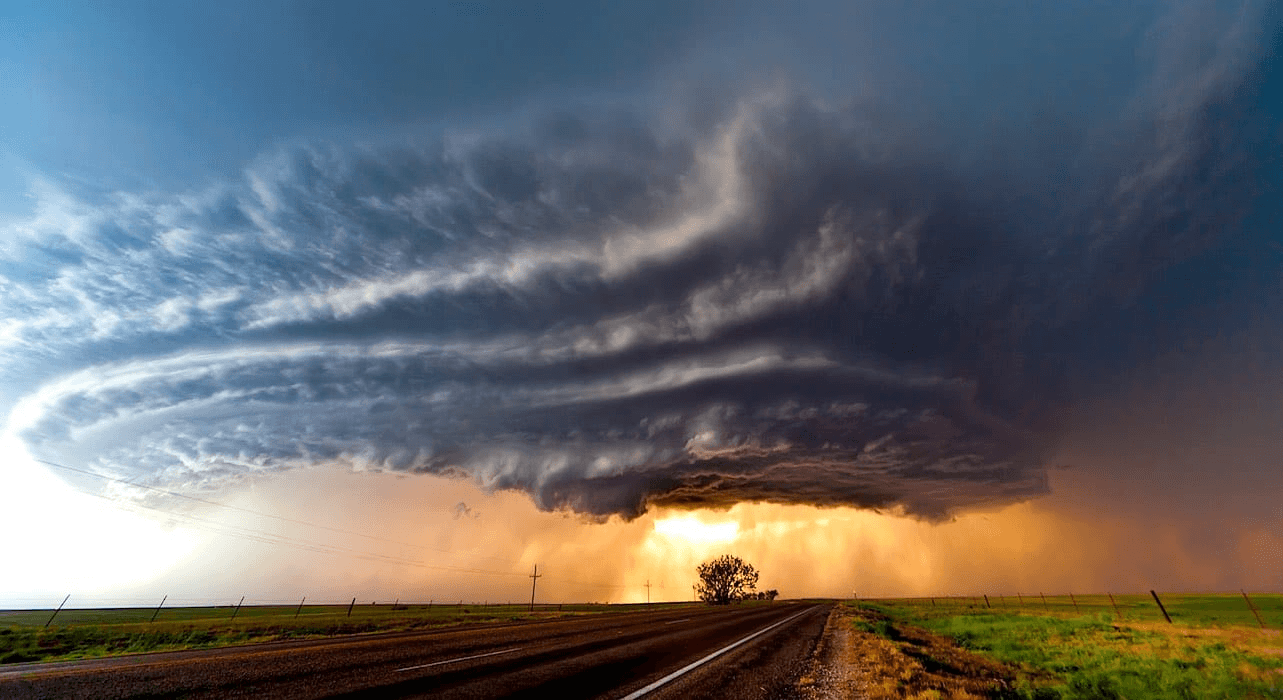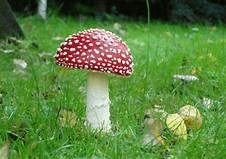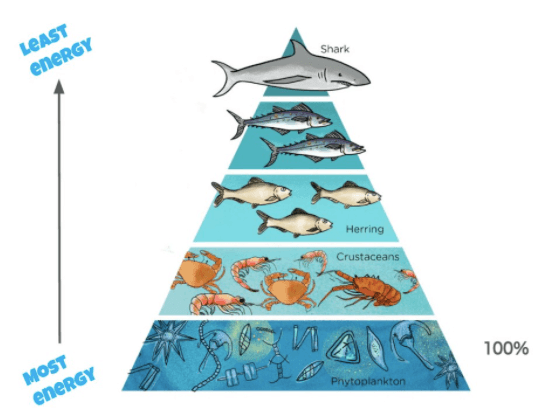A non-living organism in an ecosystem
Abiotic factor
Only eats meat
What is a carnivore
This is the source of all energy on earth.
What is the sun
When both organisms benefit each other it is called...
mutualism
A living organism in an ecosystem
Biotic factor
As you look down the food pyramid, the population...
increases.
Name three things a plant needs to create photosynthesis.
What are air, sunlight, water.
 The weather is an example of this
The weather is an example of this
Abiotic factor
All living and non living things existing together is called
an ecosystem
 Fungus is an example of this
Fungus is an example of this
What is a biotic factor?
Just the living things (organisms) in an ecosystem is called a
community
The word "bio" means
Living
 Organism that eats the secondary consumer
Organism that eats the secondary consumer
What is the tertiary consumer
When one species benefits and another one is harmed (dog/flea), it is called...
parasitism
Biology is the study of...
Living things
Apex predators have no...
natural enemies or predators (except humans)
Arrows on a food chain represent
Energy flow
When organisms struggle for a limited number of resources it is called..
competition.
The difference between a scavenger and a decomposer is...
the decomposer breaks down what the scavenger leaves behind.
Temperature and soil are examples of
Abiotic factors
What would happen if there were no more producers on Earth?
Life on Earth would eventually end.
Energy in the trophic levels ________ as you go up levels.
decreases (or is lost)
Explain the 10% rule...
10% of energy is kept as the trophic levels increase. 90% is lost.
Plants give off oxygen, humans give off...
carbon dioxide. (CO2)